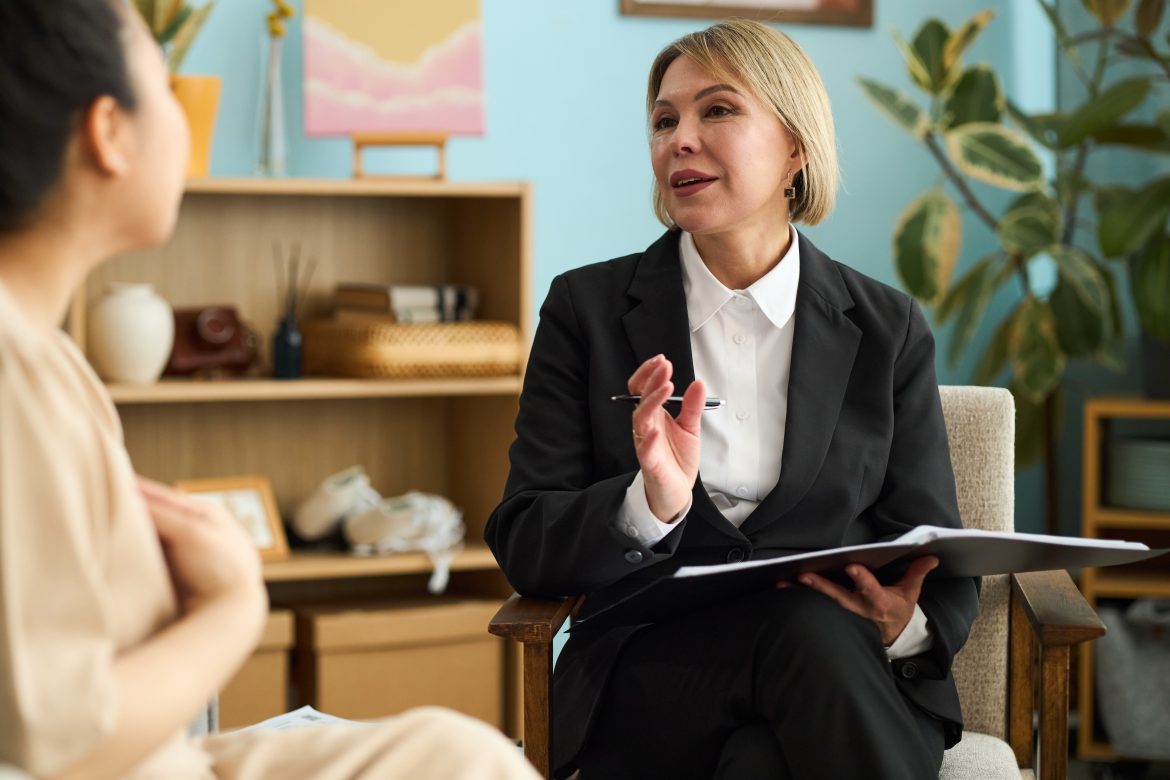We often pride ourselves on independence—on solving our own problems and shouldering our burdens alone. But is that always the best way forward? This question is at the heart of an insightful discussion led by Jill from the Northwoods. Her reflections on learning to accept and seek help remind us that behind every strong individual often lies a quiet network of support, sometimes unnoticed but deeply impactful. In today’s world, where burnout is rampant and isolation feels more common, understanding when and how to get help has never been more relevant.
Rewriting the Self-Sufficiency Script
Many of us grew up with the idea that asking for help is a weakness. Jill shares that she once believed she had to face everything alone—“raised by wolves,” she jokes. But as she reflects on her past, she realizes she wasn’t truly alone. From teachers and relatives to books and even strangers, her journey was shaped by a quiet, diverse support system. Her realization? You might not see your help network until you look back.
This shift in mindset—from radical independence to practical collaboration—is critical. It’s not about abandoning self-reliance; it’s about balancing it with wisdom. Knowing when to bring in a fresh perspective, even from someone you’re not close to, can change everything.
Mapping Your Circle of Support
So who can help you? Jill categorizes support into circles: immediate (friends, coworkers), professional (counselors, financial advisors), community-based (churches, nonprofits), and even digital (forums, apps, podcasts). She encourages identifying the strengths of those around you—someone at work might not be your friend, but they could be exactly the right person to advise you on a home repair dilemma.
You don’t need a deep bond with someone to benefit from their expertise. Sometimes, an outside perspective is the most valuable. Think of your support network as a constellation of different people offering specific skills. When you’re stuck, it’s not about handing over your entire life story—just addressing the one or two most pressing issues with someone who can help.
Professional Help Is More Accessible Than Ever
Years ago, professional help felt out of reach for many due to cost or availability. Today, things have changed. Therapists, life coaches, nutritionists, career counselors, and even spiritual directors offer specialized guidance tailored to specific problems. Jill shares how a nutritionist helped her navigate dietary issues and how she used apps and online platforms like BetterHelp and coach.me for accountability and support.
The message here is clear: professional help is not just for major crises. It’s for anytime you feel stuck. These professionals aren’t there to become your best friends—they’re there to offer clarity, insight, and direction when you need it most.
Support From Unexpected Places
Jill also emphasizes the power of informal, even fleeting support. A trainer giving life advice between sets. A local church pastor offering a listening ear—even if you’ve never attended a service. A librarian pointing you to the exact resource you need. These aren’t formal therapy sessions, but they are valid and valuable forms of help.
She underscores the idea that help doesn’t always need to come from someone you already know or trust. Sometimes the best advice comes from those just outside your circle—people who aren’t emotionally entangled in your story and can provide an objective view.
When Crisis Strikes: Don’t Wait
One of the most important messages Jill shares is this: get help before things hit a crisis point. Whether it’s a mental health line, a local food pantry, a refugee resettlement organization, or a grief support group, countless services exist to support those who reach out. These aren’t only for those in severe distress—they’re also for anyone who feels stuck and needs a nudge in the right direction.
There’s no shame in needing help. Sometimes it’s just one question answered, one resource revealed, or one kind person that gets you moving forward again.
Digital Resources: A New Kind of Support System
From Reddit threads and Facebook groups to YouTube tutorials and wellness apps, the internet has opened up a world of peer-to-peer and expert guidance. But Jill offers a word of caution: these tools are great for light advice or shared experiences, but they’re not replacements for professional care in serious situations.
Still, digital spaces can be empowering—whether you’re learning how to handle a medication’s side effects or looking for productivity hacks. And if you’re introverted or hesitant to open up face-to-face, chatbots like Woebot and mindfulness apps like Headspace and Calm can be a soft starting point.
Why It’s Hard—and Why It’s Worth It
Perhaps the most relatable moment in Jill’s message is when she shares a story about carrying hundreds of books by herself at work, refusing to ask for help. Her boss reminded her, “You can ask for help, you know.” And that line sticks.
Many of us resist asking because we associate it with vulnerability, shame, or burdening others. But reframing help as a partnership—one where you also have something to offer—makes it easier to reach out.
Conclusion: Take the Next Small Step
You don’t have to tackle all your problems alone. Whether it’s a financial question, a health issue, or a sense of emotional stuckness, there are people and platforms ready to walk with you—even if just for a little while. Jill’s life has been built, one small step at a time, by identifying the right person for the right issue. That’s the challenge she leaves us with: identify where you’re stuck, and then ask—who could help me take the next step?

